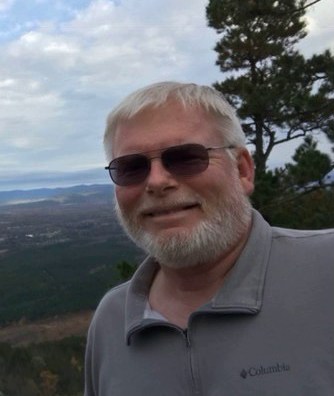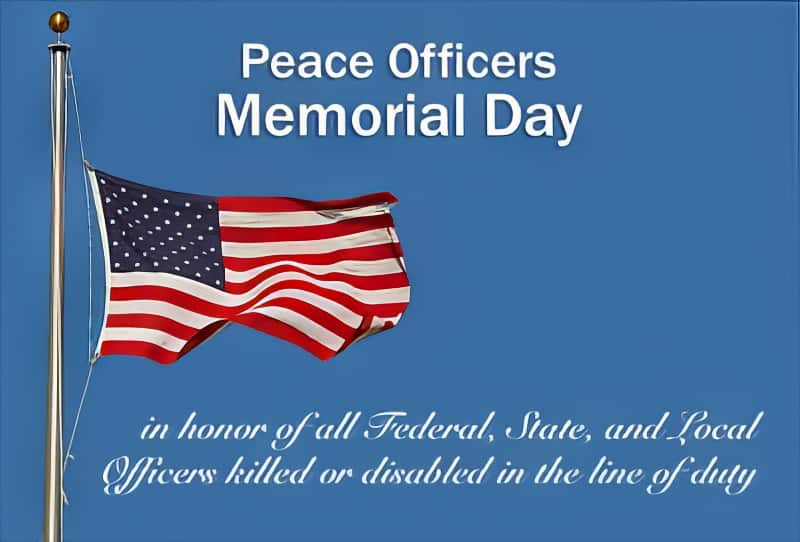Reflections From History And Faith
By Jeff Olson
In the words of French philosopher Simone Weil. “Order is the path we follow, or the pattern by which we live with purpose and meaning. The human condition is insufferable unless we perceive a harmony, an order, in existence. Order is the first need of all.” Lack of order in the soul and in society compelled Job to lament in despair, “before I go to the place of no return, to the land of gloom and utter darkness, to the land of deepest night, of utter darkness and disorder, where even the light is like darkness.” (Job 10:21-22)
As one of God’s three ordained institutions, civil government’s fundamental role is to maintain order, restrain evil, and promote justice. These are all part and parcel of what we call “law and order.” Like fifth-century Greece and the Roman Republic in the first century, much of twenty-first century America finds itself in desperate need for order – but not only for order in the republic but first and foremost a moral order, an order in the soul. Like Plato before him and our nation’s founders after him, Marcus Tullius Cicero understood that the problem of order is simultaneously personal and social. In other words, order must first become moral and personal before it can be societal and institutional. This is what plagues America, and this is what our dedicated and courageous men and women in law enforcement cannot fix, but nevetherless are up against and facing most every day and at an intensity and level beyond anything ever seen in our country.
Among the special days of observance during the month of May, one, in particular, is sometimes overlooked or under-emphasized. This year we must not let this happen to Peace Officers Memorial Day. This special day provides us with an opportunity to honor those law enforcement officers nationwide who paid the ultimate price in keeping our neighborhoods, towns, counties, states and other jurisdictions safe.
Back in 1961 Congress asked the president to designate May 15 as a day to honor peace officers as a part of Police Week. On October 1, 1962, John F. Kennedy signed a Congressional resolution (Public Law 87-726) that reads in part: …”Whereas these officers have safeguarded the lives and property of their fellow Americans: and Whereas by the enforcement of our laws, these same officers have given our country internal freedom from fear of the violence and civil disorder that is presently affecting other nations: Whereas these men and women by their patriotic service and their dedicated efforts have earned the gratitude of the republic: Now, therefore, be it resolved by the Senate and the House of Representatives of the United States of America in Congress assembled, that the President is authorized and requested to issue proclamations designating May 15 of each year as Peace Officers Memorial Day in honor of the Federal, State, and municipal officers who have been killed or disabled in the line of duty.”
In 1982, an annual Memorial Service gathering in Senate Park began and later grew into what would become National Police Week. The National Law Enforcement Officers Memorial Wall in Washington, D.C., dedicated in October 1991, features the names of more than 23,000 law enforcement officers who have been killed in the line of duty.
Public Law 87-726 was amended by Congress as part of the Violent Crime Control and Law Enforcement Act of 1994. President Bill Clinton signed Public Law 103-322 which directs that the flag of the United States on all Government buildings be displayed at half-staff each year on May 15.
Today, law enforcement not only face the risks and dangers which have always been inherent in their work, but on top of this they face a growing culture war in which respect for their authority is not only challenged but increasingly disregarded and despised. And, to the point that in many precincts they no longer have the support of some municipal leaders and have even become victims of those seeking their extinction. As Richard Hooker wrote in the sixteenth century,“Without order, there is no living in public society, because the want thereof is the mother of confusion.” As alluded to earlier, our times resemble those of the final years of the Roman Republic. As disorder abounded all about him, Cicero contemplated the causes of private and public confusion. “Long before our time the customs of our ancestors molded admirable men, and in turn those eminent men upheld the ways and institutions of their forebears. Our age, however, inherited the Republic as if it were some beautiful painting of bygone ages, its colors already fading through great antiquity; and not only has our time neglected to freshen the colors of the picture, but we have failed to preserve its form and outlines.”
Our generations too have neglected to freshen the colors of the American picture – a picture that is still fading but would be more so if not for those who remain faithful to the preservation of law and order in our society and who are still on the front lines fighting a counterculture which seeks not just to wash away those colors but to create a new painting, a new picture which this time will not be a masterpiece but a tragedy.
During National Police Week, and especially on Peace Officers Memorial Day on May 15, may we pay tribute to all fallen officers and honor those who are still serving for the cause of order, justice and freedom, without which our society would decay more rapidly into chaos and ultimately tyranny. Let’s make an extra effort to extend a hearty “thank you” to one or more of our law enforcement officers, both active and retired – and remember these special public servants and their families in our prayers.
Lest we forget, the strongest bastion of America’s freedom lies within the bonds of family and the civil social order of local communities. The protection and preservation of these are foremost dependent upon the men and women who serve you and I diligently, courageously, and proudly on the front lines in and out of uniform, 24/7.



